A Descendant of Refugees: Standing In Solidarity With This Generation of Refugees
Arcus Center for Social Justice Leadership

My grandparents were just people who were hated because of their religion and the assumption that, because they were Jewish, they were probably communists, or at least socialist sympathizers.

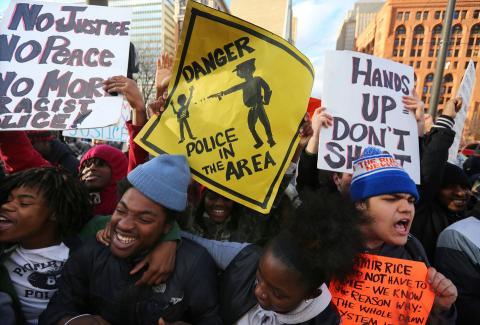
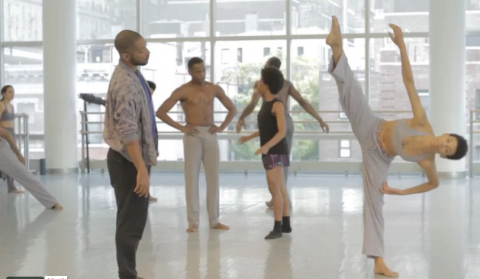

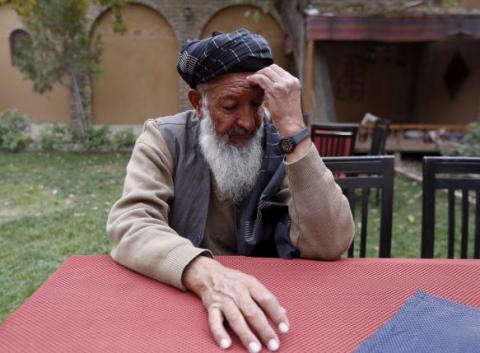
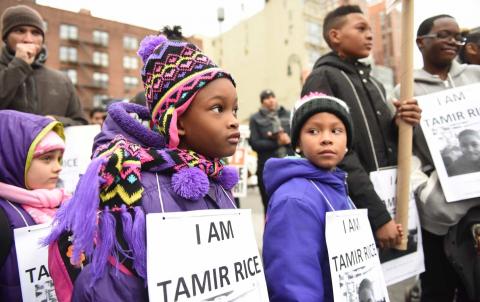
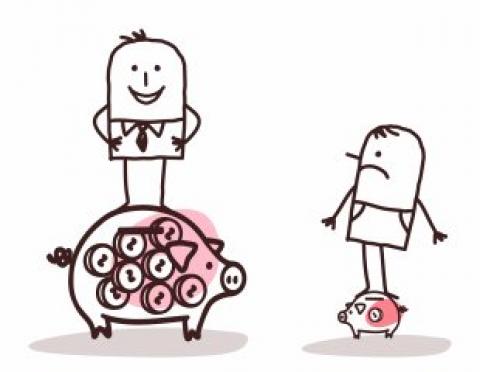
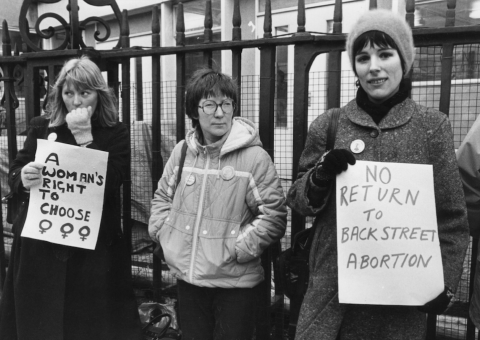
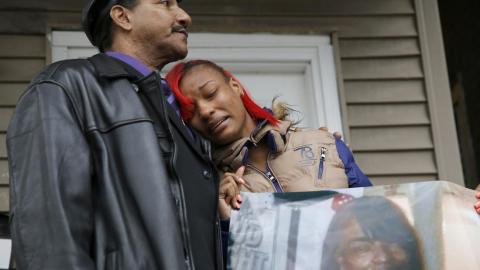
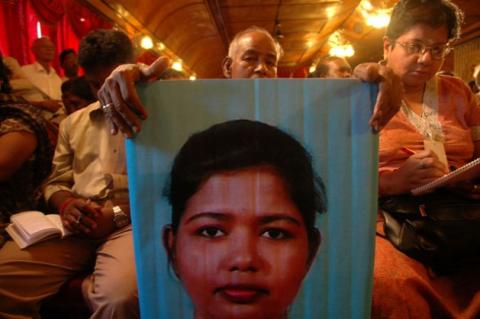
Spread the word